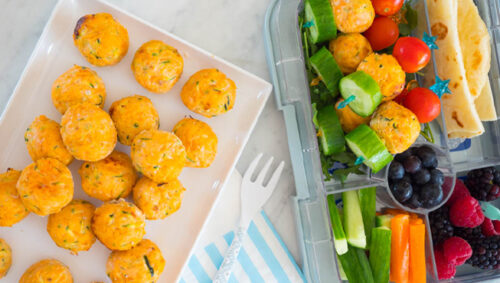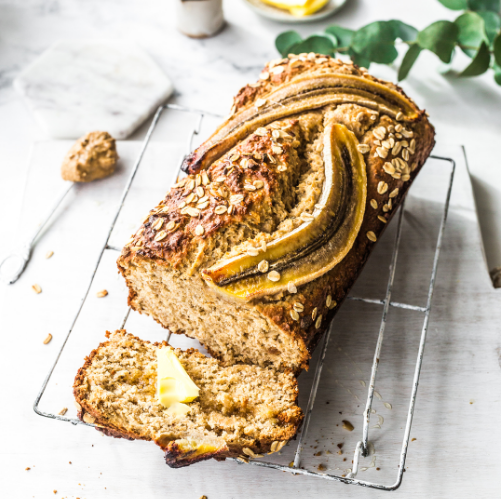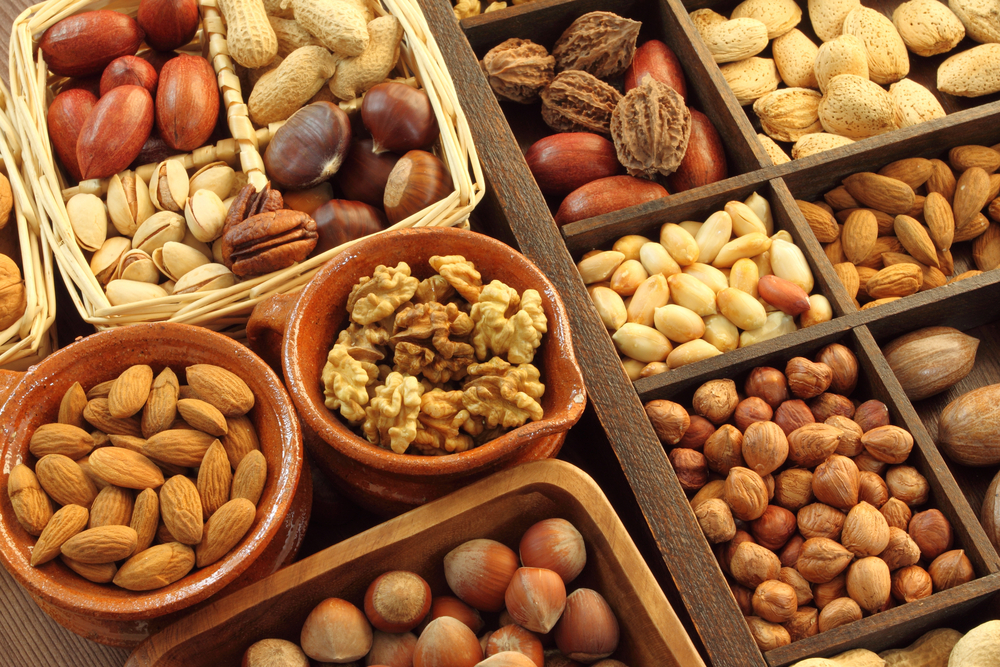by Susie Burrell
With significant brain growth and development occurring during the first 5 years of a child’s life, naturally the foods we choose to nourish our children with throughout these years is important. Not only does our daily choice of foods ensure that they brain has access to the key nutrients that help to support optimal cognitive performance, but the more we learn about the brain, the more we come to understand how the mix of different fats in our diets impact brain health throughout our lives. So when it comes to kids and brain health, here are some of the nutritional powerhouse to include in your family’s diets regularly.
Atlantic salmon
There are few foods that tick the brain power box to the extent that Atlantic salmon does. Not only is Atlantic salmon one of the richest natural sources of Omega-3 fats, the type of fat that is intricately involved in brain functioning, but in addition the range of B group vitamins including Vitamins B1, B2, B3, B6 and B12 are individually associated with a range of key physiological functions including energy production, language development and memory. Ideally growing children need to include a rich source of omega 3 fats in their diets 2-3 times each week. For quick and easy Tassal Atlantic salmon recipes for kids, please see one below:

Salmon & Veggie Bites
INGREDIENTS:
260g Tassal Fresh Tassie salmon, skin-off
200g sweet potato
2 carrots, grated
1 zucchini, grated
1 tsp dried dill
Olive oil spray
METHOD:
STEP 1
Preheat oven to 190°C, and peel the sweet potato and chop into large chunks. Place water in a saucepan with steamer over the top with sweet potato in it. Steam sweet potato for 5-10 mins until soft. Set aside to cool.
STEP 2
Chop salmon into large chunks and place salmon, cooked sweet potato and dill in a food processor. Blitz until smooth.
STEP 3
Transfer salmon mixture to a large bowl and mix through carrot and zucchini.
STEP 4
With wet hands, form the mixture into 24 balls. Place onto an oven tray and spray with olive oil (or place in mini muffin trays).
STEP 5
Cook for 20 mins, cool and pack in a lunchbox and enjoy!
Recipe courtesy of Kidgredients
Nuts
Often forgotten as superfoods for children because of their link to allergies, for families not impacted by allergies the reality is that nuts are nutrient dense foods that have much to offer children and adults alike. With essential fats, including the plant sources of omega 3 fats, protein, fibre and micronutrients including zinc, adding a serve of nuts or Mayvers 100% spreads in your child’s diet when they can enjoy nuts safely at home is a no brainer.
Peanut Butter Banana Bread
Time: 25mins I Serves: 6-8
Ingredients
2 cups wholemeal self-raising flour
½ cup sugar
50g butter, melted
3 very ripe bananas
2 eggs (beaten)
1 cup Mayver’s Protein Plus 5 Seed Peanut Butter
Method
- Mash banana and mix well with melted butter and eggs.
- Combine well with peanut butter.
- Sift flour, add sugar then mix well with wet ingredients.
- Bake at 160-180°C for 45-55 minutes until cooked through.
Yummy recipe by @susie_burrell_dietitian
Eggs
Not only are eggs a source of high biological value protein and a great filling breakfast option, they are also a good source of the vital nutrient choline. Choline has been shown to have a number of vital functions including optimal cell membrane function and neurotransmission which is linked to enhanced brain function. Serve them hard boiled, mashed on sandwiches or made into mini muffins or frittatas as handy snacks on the go.
Blueberries
With exceptionally high levels of antioxidants, a single serve of blueberries a day adds Vitamin C and fibre to the diet for minimal sugars and calories. Of particular interest is that of all the berries, blueberries have been specifically linked to improved cognitive function. When they are in season, try freezing them as a yummy snack for kids.
Green leafy vegetables
Not the easiest food to encourage small children to eat but whether it is broccoli, kale, spinach or bok choy you cannot go wrong when it comes to including leafy greens regularly in the diet of growing children. Rich in antioxidants it appears that the regular consumption of leafy greens helps to protect the brain against damage over time. Try blending leafy greens into smoothies if you have difficulty getting them into the diet of your little ones regularly.
To view on YouTube:










